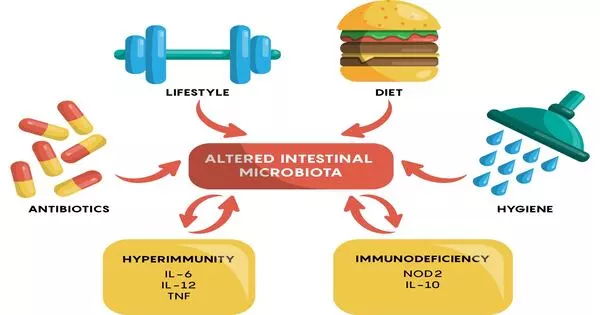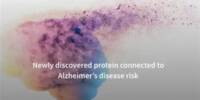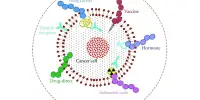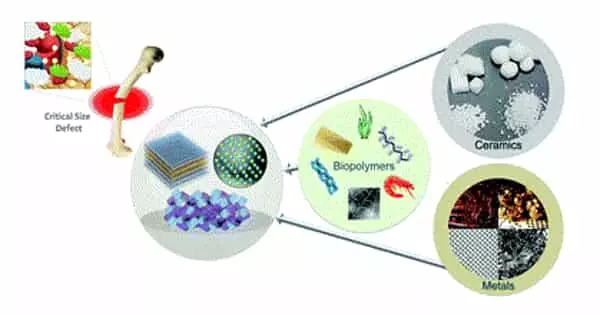Plant-derived nutrients, due to their vast array of bioactive substances, such as vitamins, minerals, antioxidants, and phytochemicals, can have a major impact on both the stomach and the brain.
Can plant-derived nutrients influence brain function by influencing gut bacteria? In a study of overweight persons, researchers looked at this question. Their findings imply that dietary fiber can have an effect on both the composition of gut bacteria and the reward signals in the brain, as well as the associated eating decisions.
Prebiotics are substances that help helpful bacteria colonize the gut. These indigestible dietary fibers can be found in a variety of plant-based foods, including onions, leeks, artichokes, wheat, bananas, and in high concentrations in chicory root. They promote the growth and activity of good gut bacteria, which benefits gut health. Researchers are currently looking at whether specific prebiotics can alter brain function by increasing communication between the gut flora and the brain.
According to the interventional study headed by the University of Leipzig Medical Center, high-dose dietary prebiotics reduce reward-related brain activation in response to high-calorie meal stimuli. “The results suggest a potential link between gut health and brain function, in this case, food decision-making,” explains PD Dr. Veronica Witte, co-author of the paper and a scientist at the University of Leipzig Medical Center.
High-dose dietary prebiotics reduce reward-related brain activation in response to high-calorie meal stimuli. The results suggest a potential link between gut health and brain function, in this case food decision-making.
Dr. Veronica Witte
The study included young to middle-aged adults who were overweight and had an omnivorous, Western diet. For 14 days, the 59 participants consumed 30 grams of inulin, a prebiotic derived from chicory root. Participants were given photos of food and asked how much they wanted to consume the meals represented during functional MRI imaging. Following the MRI, individuals were given their highest-rated food and asked to consume it.
The MRI was repeated four times: before and after the prebiotic administration, as well as before and after a placebo phase in which subjects were given a formulation with the same energy density but no prebiotics. When the individuals rated high-calorie items, there was reduced activation of reward-related brain areas after they had taken the prebiotic fiber. This effect was accompanied by a change in the gut flora makeup.
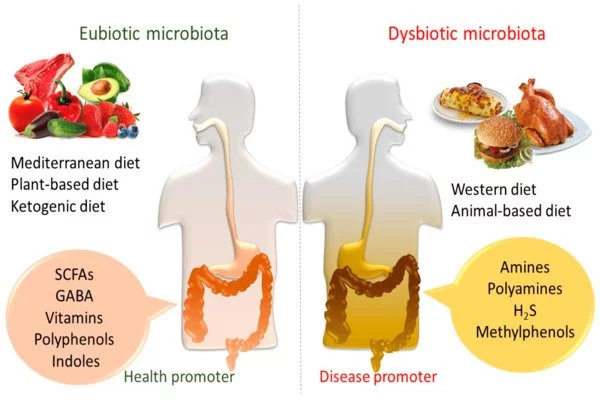
The findings, which were generated from sophisticated neuroimaging, next-generation sequencing of gut bacteria, and integrated assessments of putative metabolic pathways, show that functional microbial changes may be at the root of the altered brain response to high-calorie food cues.
Participants’ fasting blood samples were analyzed for gastrointestinal hormones, hyperglycemia, lipids, and inflammatory markers. Furthermore, the gut microbiota and their metabolites, specifically short-chain fatty acids, were evaluated in feces samples. The study was carried out as part of the Collaborative Research Centre 1052, “Obesity Mechanisms.”
“Further research is required to determine whether treatments that alter the microbiome could open up new avenues for less invasive approaches to obesity prevention and treatment. A better understanding of the underlying mechanisms between the microbiome, gut, and brain could aid in the development of new strategies to promote healthier eating habits in at-risk individuals,” adds Dr Witte.
A follow-up study is currently being conducted to investigate the effects of long-term, high-dose prebiotic administration over six months on eating behavior, brain function, and body weight in adults who are overweight or obese.
